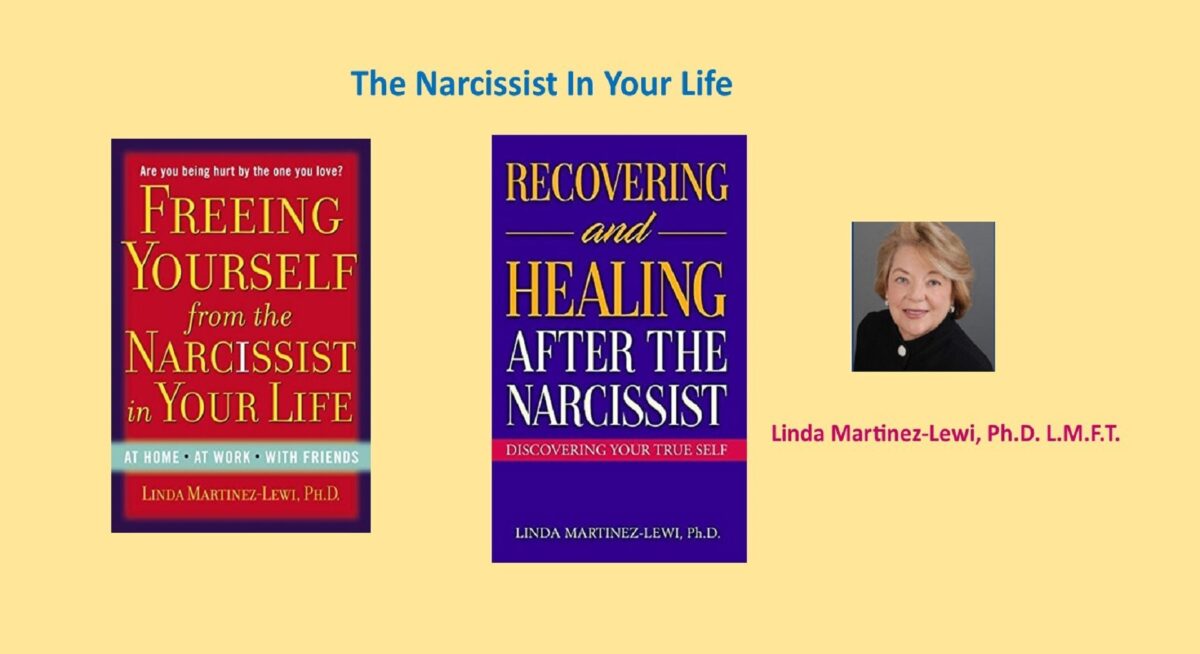Narcissistic personalities have an ingrained, fixed personality disorder that is very unlikely to change. Their core psychological issues are secured by powerful defense mechanisms and are inaccessible to them. Since they are continually rewarded for their grandiosity, ruthless ambition, and lack of consideration for others, why should they change? They demand perfection and alteration from those who live and work for them. The narcissist feels perfect down to his bones. Any mistakes or misjudgments that are made, he/she lays at the feet of those closest to him: spouses, partners, family members, friends. With an inflated ego, a merciless drive, and overwhelming self-confidence, many narcissists excel in the world and enjoy tremendous material success. They create circles of admirers and followers who continually provide them with the soothing unguents they crave.
Besides their addiction to alcohol, most alcoholics have severe personality disorders which would certainly conflict with treatment for their alcoholism. To even try and get them to go to rehab, it would have to be something like a luxury experience in Hawaii going to The Ohana center. If you offered them a state funded center, they’d probably decline because of their personality disorder and thinking they’re too good for the place. They are addicted to alcohol in part due to severe psychopathology attached to these disorders, including extreme feelings of abandonment, severe depression, panic disorder, frequent anxiety attacks and disassociative reactions. Over time and with an inherited predisposition, the alcoholic develops an overwhelming tolerance to this drug. His/her life revolves around consuming alcohol and it affects every aspect of their life, for example, their ability to drive, as there is only so much a DUI Defense Attorney can achieve if the evidence is stacked against you.
Alcoholism can have devastating consequences, not just for the addict, but for family and friends affected by the consequences of binge drinking. Pacific Ridge Residential Alcohol and Drug Treatment Center is one example of a rehabilitation facility that might be able to offer help and support for families in need as a result of a loved one’s alcohol addiction.
Furthermore, there are distinct differences in the psychodynamics and physiological roots between the alcoholic and the narcissist. I am pointing out the intractable nature of these disorders. No one can change the alcoholic but himself and no one can shift the personality of the narcissist except himself or herself.
Below is a familiar painful scenario of what a child of an alcoholic parent suffers hundreds, even thousands of times, wishing, waiting and hoping that their mother or father will change:
“It is the eternal wish of the child to wait with fragile hope that this time mom (or dad) will stop drinking. After all the binging, impulsive behaviors, drunken outbursts, physical blows, public embarrassments, middle of the night forays, the body of the alcoholic gives out. It can ingest no more of the hypnotic brew, the poisonous mother’s milk. Soon, the shakes and tremors erupt in unpredictable cycles. Food is brought to the rescue, water gulped. A few days go by and the eye of the storm has passed over. There are renewed promises and pronouncements of a different course. Everyone must be disciplined now, even the smallest child must learn to march in perfect cadence. The alcoholic is shaky and spent. He or she attracts pity now rather than scorn. There is an uneasy peace. Will the worm turn this time? Is this the moment of divine grace? Is there a fragment of hope to hold on to? One week, two weeks, three weeks—-Inevitably it begins. This time it is the flu, a cold, a misfortune, a disappointment—the endless litany sounds new. But the pattern is intractable, indelibly printed in the brain and nervous systems and organs, thoughts, feelings, cravings of the alcoholic. The children look at one another, mustering a weakened hope that it will not happen this time, all the while knowing that it is as inevitable as their quivering breaths and nightmare dreams. Shivering against the raw terror and uncertainty, they ask themselves: “Will I survive one more round?”
If you are married to a narcissist or involved in a personal relationship with one, at some point you will wish, believe and demand that this individual change and start treating you with respect , empathy and understanding. Although we carry with us the imprint of our childhood wounds and struggles, as adults we can make wise judgments about continuing or breaking off relationships that are hurtful to us, stunt our personal growth and don’t provide a loving reciprocal relationship. Are you willing to go another round with the narcissist in your life or will you choose freedom, inner peace, and the full flowering of your gifts. Visit my website:www.thenarcissistinyourlife.com
Linda Martinez-Lewi, Ph.D.
email:lmlphd@gmail.com
